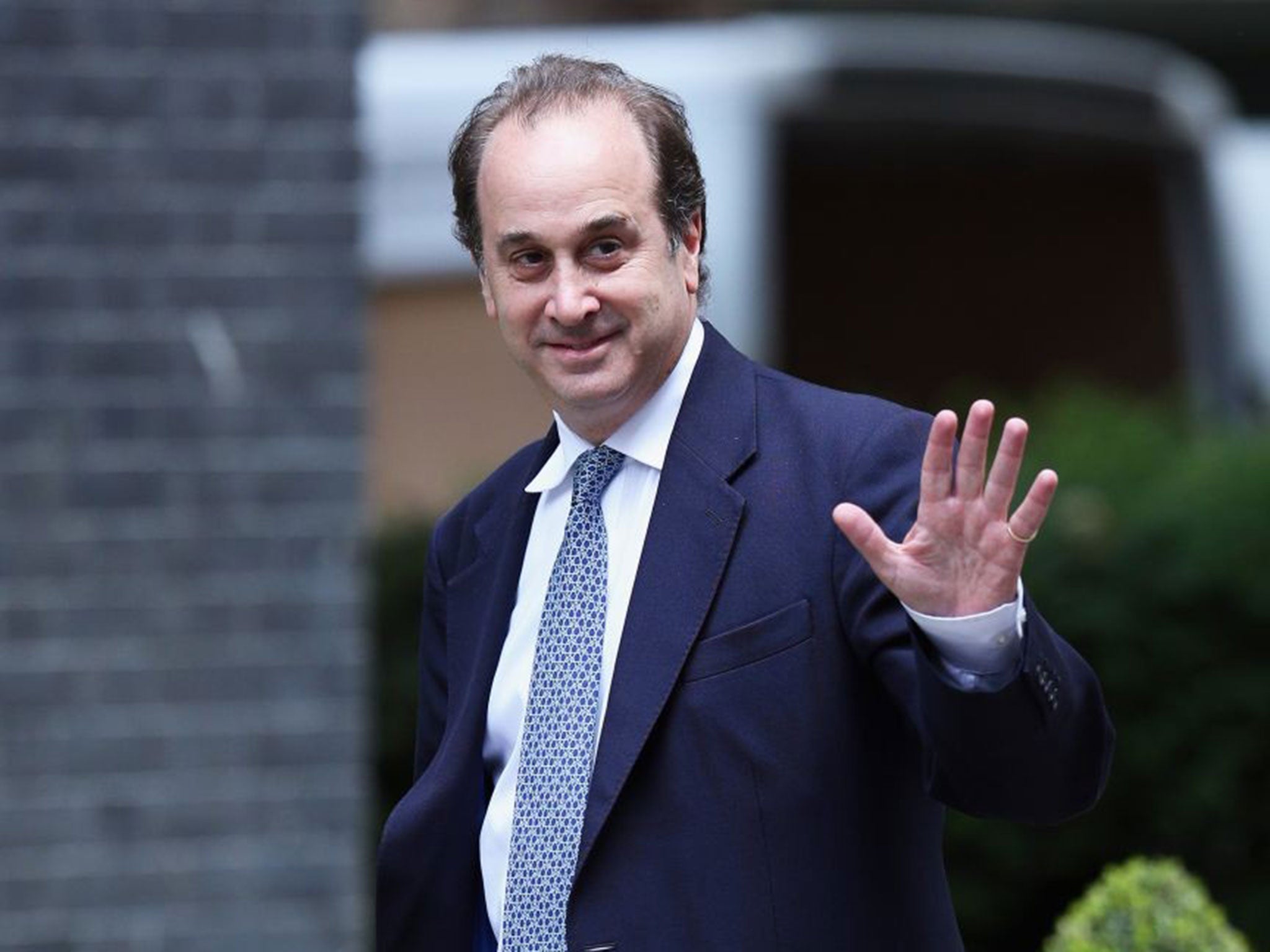Brooks Newmark perfectly illustrates the dangers of conflating 'political' and 'party political'
Charities must stand up for their right to campaign and challenge government

The new Minister for Civil Society, Brooks Newmark, appointed in the recent reshuffle, has managed to get off on the wrong foot with charities after it was reported that in his first speech in the role he said they should, “stick to their knitting” and stay out of “the realm of politics.” Coming on the back of the Lobbying Act earlier this year, and ongoing attacks from backbench Tory MPs like Charlie Elphicke and Robert Halfon, his comments add to concerns that this government has a worrying antipathy towards the campaigning work of charities.
Part of the problem is the growing tendency to use “political” as if it was synonymous with “party political”. Of course charities should not get involved in party politics, but there are long-standing and strict rules to prevent them doing so, regulated by the Charity Commission. Being party political is not the same, however, as being free to speak on matters of policy.
Newmark reportedly claimed in his remarks that “when charities stray into the realm of politics that is not what they are about and that is not why people give them money”. But neither of these assertions are backed up by the evidence. Campaigning for policy change is a vital part of what charities do, and has been for more than 300 years. And plenty of people give to charities precisely for this reason. Of course charities do a huge amount of important work in providing services and addressing the symptoms of social problems, but if you want to get at the root causes rather than the symptoms, often campaigning for changes to policy or legislation is the only way.
The history of charities in the UK backs this up. Some of the major social reforms that have shaped our modern society only came about because philanthropic organisations, supported by people freely giving their money and time, were able to challenge the status quo. The antislavery movement, for instance, was only able to build sufficient momentum to allow its figureheads such as William Wilberforce to challenge the issue in Parliament as a result of widespread charitable support.
Likewise, it was acknowledged by William Beveridge, the architect of the modern welfare state, that virtually every aspect of this system followed in the footsteps of charities. In all areas of social need, people and organisations that were outraged by society’s failings had for a long time taken it upon themselves to try and address the issues directly and also to spur the government into taking responsibility, which it eventually did.
It is easy to take such developments for granted and to forget the political inertia that often has to be overcome if social change is to be successfully achieved. But if we do, we risk downplaying the importance of campaigning by charities as a means for the public to drive social change. This is particularly true for the marginalised in our society, who are not always well served by the machinery of our parliamentary democracy and would struggle to be heard without the help of charities.
Conflating “political “ with “party political” has played a large part in the current attacks on charity campaigning by politicians including Brooks Newmark. But more worrying still, it has led to the introduction of the Lobbying Act – a piece of legislation whose effects are still far from clear, but whose message about how the government views advocacy is all too clear.
It is important that charities continue to stand up for their right to campaign, and to challenge the idea that it is somehow not a proper part of what they do. It always has been and it should remain so in the future. The history of our country over the last 300 years would be very different, and far worse, without the work of the charities who have been willing to challenge government and society to improve.
Rhodri Davies is head of the Giving Thought policy programme at the Charities Aid Foundation

Join our commenting forum
Join thought-provoking conversations, follow other Independent readers and see their replies